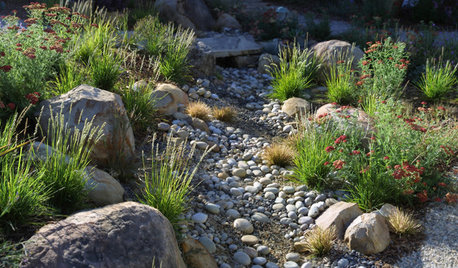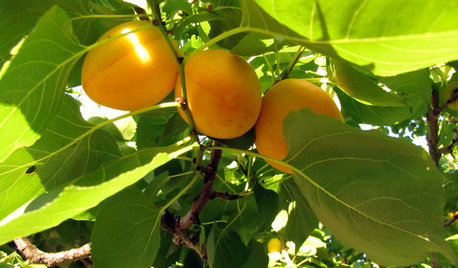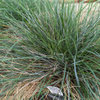Marigolds for root-knot nematode control
weedlady
11 years ago
Related Stories

EDIBLE GARDENSSummer Crops: How to Grow Tomatoes
Plant tomato seedlings in spring for one of the best tastes of summer, fresh from your backyard
Full Story
EDIBLE GARDENSGarden BFFs? Why Your Vegetables Are Begging for Companion Plants
Foster friendships among plants for protection from pests, pollination support and color camaraderie
Full Story
LANDSCAPE DESIGNHow to Design Your Landscape to Slow Down Water
Putting the brakes on stormwater runoff is the first step in sustainable water design
Full Story
EDIBLE GARDENSHow to Grow Your Own Apricots
Velvety fruit, pretty blossoms and interesting bark make apricot trees a delight — and they’re great for smaller gardens
Full Story









tsugajunkie z5 SE WI ♱
ken_adrian Adrian MI cold Z5
Related Professionals
Hyattsville Landscape Architects & Landscape Designers · Marina Landscape Architects & Landscape Designers · Alamo Landscape Contractors · Aloha Landscape Contractors · Berkley Landscape Contractors · Bloomington Landscape Contractors · Chesapeake Ranch Estates Landscape Contractors · El Reno Landscape Contractors · Fort Worth Landscape Contractors · Fuquay-Varina Landscape Contractors · Hawaii Landscape Contractors · Mesa Landscape Contractors · North Ridgeville Landscape Contractors · Plymouth Landscape Contractors · Wayland Landscape Contractorscalliope
calliope
calliope
jean001a
weedladyOriginal Author
Kimmsr
rhizo_1 (North AL) zone 7
Kimmsr
rhizo_1 (North AL) zone 7